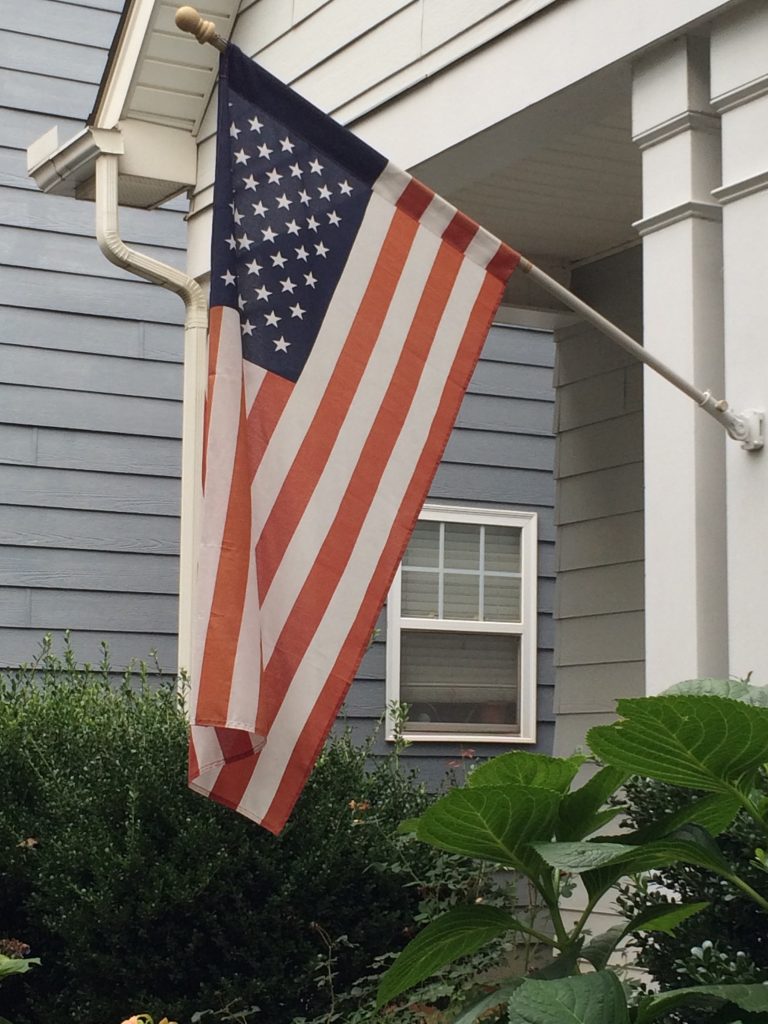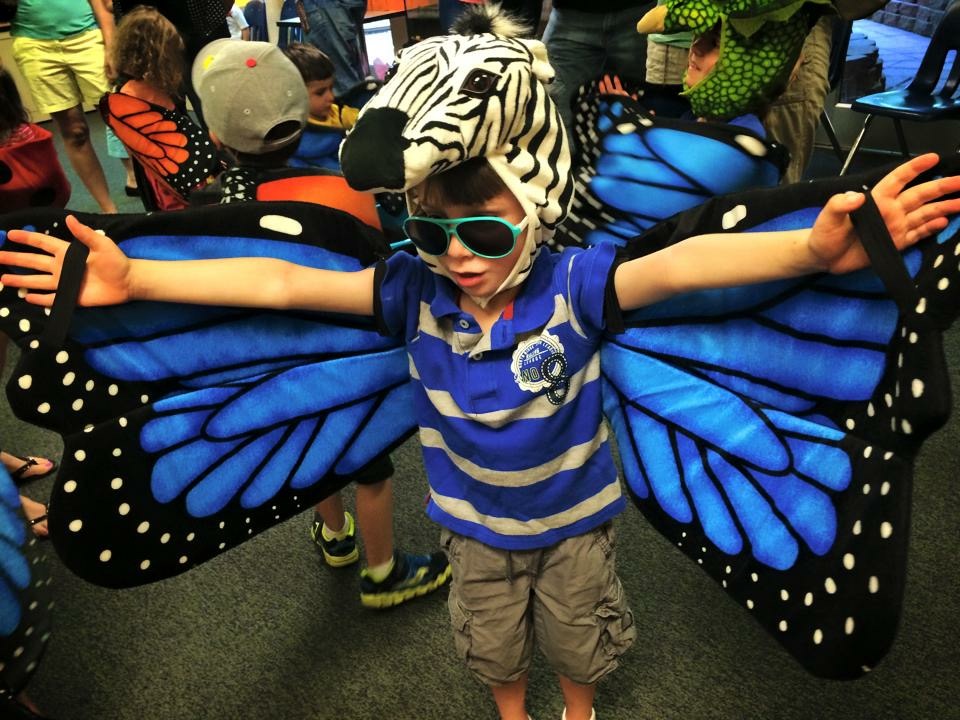Election information is all over the television, newspapers, and Internet. It is everywhere you look. Young and older children absorb much of this information.

Educators and an Election
Is high stakes testing taking over the time educators spend on teaching about the election process? There are lessons aligned with today’s common core standards that teach students in grades K through 12 about civic responsibility. Students also need taught about the types of elections, the registration process and how to vote.
Many educators believe that teaching about voting is political. They feel that parents and other educators think the delivery of the election process is not neutral. However, it is important for educators (as well as parents) to teach about voting procedures. Both young and older children need to become informed voters. As Thomas Jefferson stated, “A Democratic system relies on an enlightened citizenry to meet its goals.”
It doesn’t matter if it is local, state or federal. Elections play an important role in being a good citizen. There are many ways to teach about elections. Have students:
• create fact sheets from various issues,
• write short essays or speeches on an important issue,
• conduct a mock election for student participation,
• become a candidate of choice and present a platform,
• create campaign signs as an art project,
• take a field trip to a polling place for a real word experience,
• keep statistics on election results for math lessons,
• create advertisements with the facts for a candidate and
• take a survey about a candidate or an issue and graph results.
These are only a few suggestions of what educators do in the classroom for teaching civic responsibility.
Parents and the Election
There are many way parents can teach about voting that will build a foundation.
• Vote for a dinner choice as an example of modeling the process.
• Read about people that fought for a political purpose.
• Discuss candidates and issues in an unbiased manner.
• With older children, let them assist in political campaigns by handing out literature.
• Encourage the participation of a school election.
• Take children to the polls to see the voting process.
• Stay away from voting apathy.
We need to instill in our young children that we can make a difference. This difference is made at the polls every time we vote.




